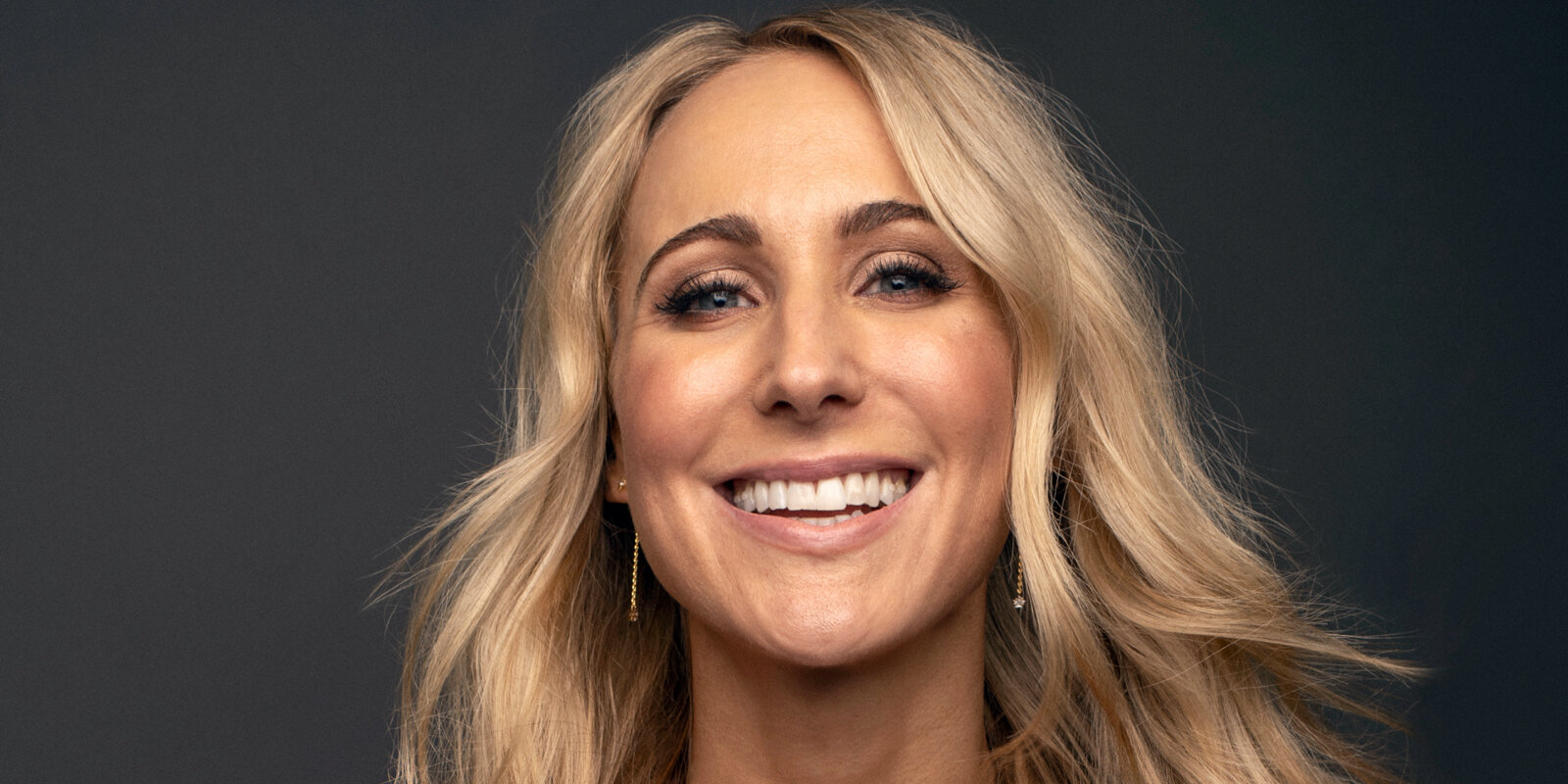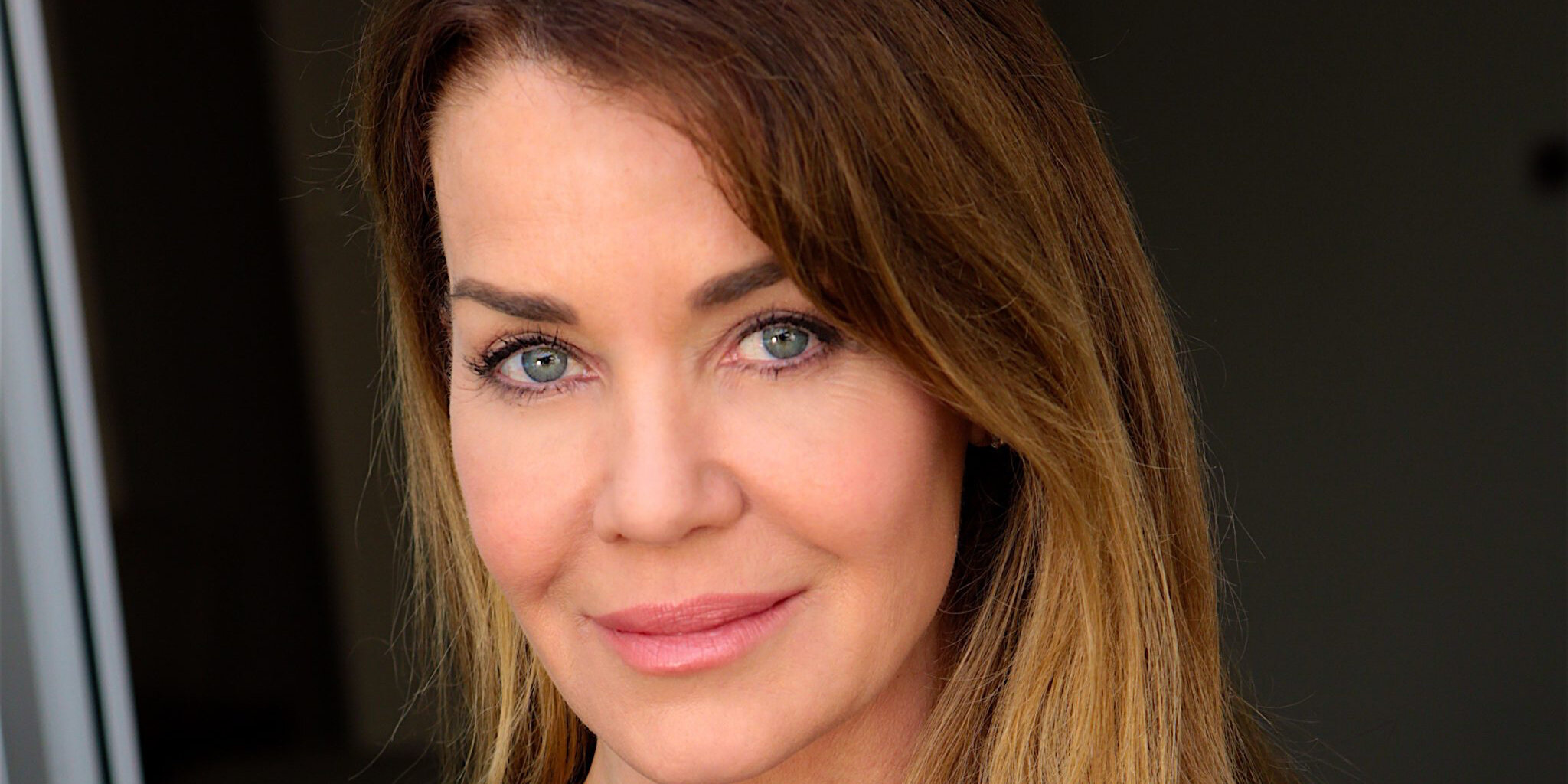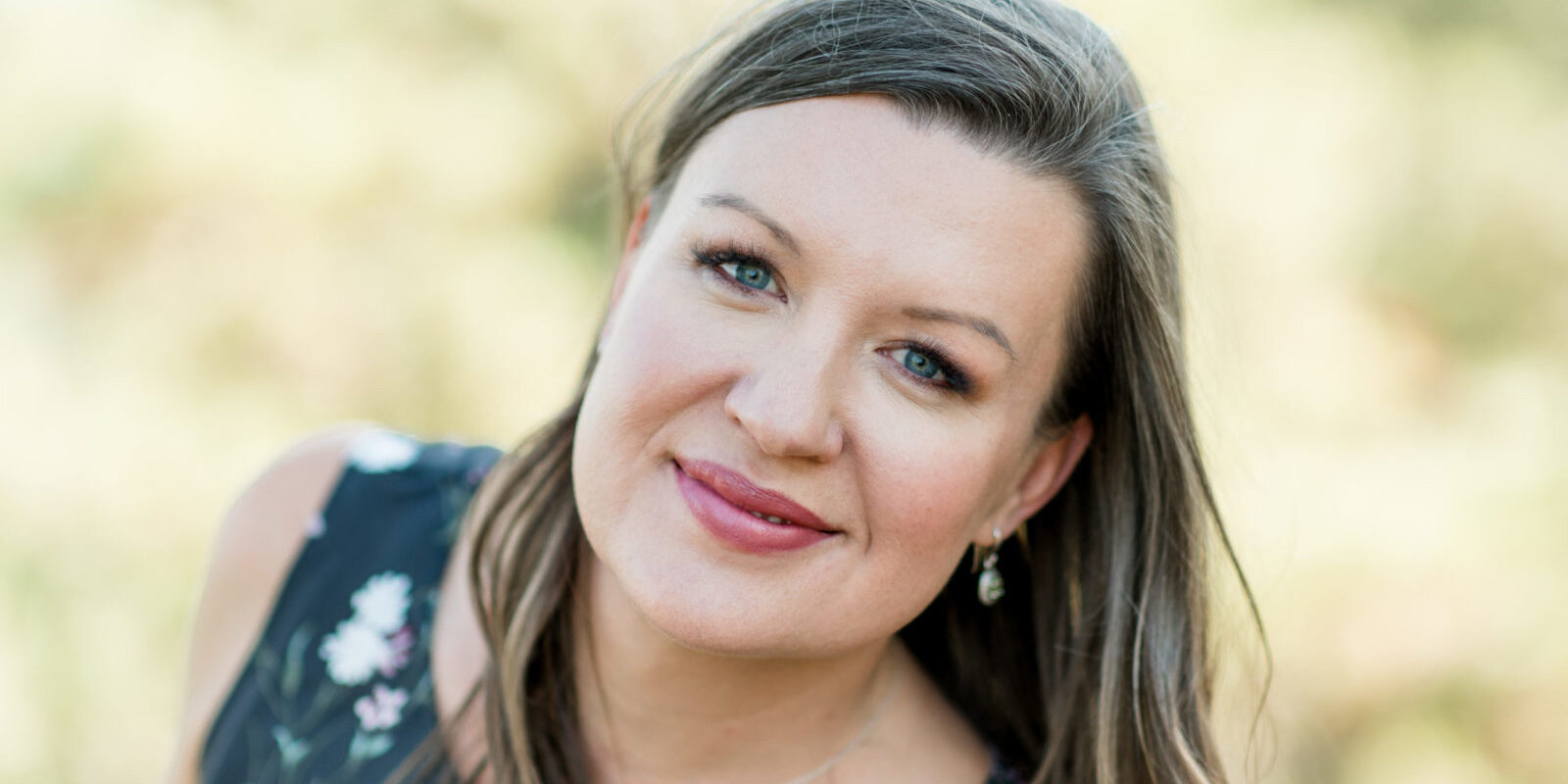My Permanent Accessory.
Alcohol, my permanent accessory
Alcohol, a party-time necessity
Alcohol, alternative to feeling like yourself
Oh alcohol, I still drink to your health
[Chorus]
I love you more
Than I did the week before
I discovered alcohol
— The Barenaked Ladies
Alcohol helps … until it doesn’t
People with alcohol use disorder (AUD) live, work, and play like everyone else. They are intelligent, conscientious, funny, and fun to be around, often unusually so. They are not perpetually drunk. They do not spend every day in bed with a hangover.
It’s what happens when they don’t drink that’s the problem.
Not drinking makes them feel terrible. It’s withdrawal. The withdrawal symptoms begin a few hours after the last drink and include anxiety, poor sleep/insomnia, headaches/migraines, nausea and vomiting, restlessness and agitation, rapid heartbeat, sweating, hallucinations, and tremors.
Drinking alleviates the withdrawal symptoms.
However, the cost is a substance dependency that takes its toll on our physical and mental health and social and financial well-being. Liver damage, heart failure, bone deterioration, cancer, diabetes, anxiety, depression, dementia, weight gain, job loss, financial insolvency, relationship failure, and increasing isolation from people who don’t participate in disordered drinking.
It sucks.
Triple traumatization
No one starts drinking to develop a drinking disorder. We start drinking because alcohol makes us feel good. It helps us forget the pain, relax, become less inhibited, and have more fun with others. But then something changes, slowly and imperceptibly: we start to rely on alcohol, and it starts to turn on us.
Ultimately, we find ourselves triple traumatized.
Those of us with AUD have likely experienced trauma at an early age (and perhaps again later in life). That’s the first level of trauma. Alcohol seems to help us cope with that trauma, but then we’re traumatized a second time when alcohol begins destroying our mental, emotional, and physical health. We feel the loss of control, the powerlessness, the inability to stop what’s happening—much like we did in the traumatic experience(s) that prompted our drinking. This creates instability that impacts our personal and professional relationships, and we are traumatized a third time when people and opportunities disappear from our lives.
The good news for those of us with AUD is that alcohol has no addictive power in and of itself. As Gabor Maté says, “The addictive power of substances is a myth.” We are not addicted to alcohol. Its chemical composition has no inexplicable hold on us. Maté adds, “self-awareness is the bottom line, the only way to truly address trauma.”
Therapy can be invaluable. So can healthy connections with others.
AUD and relationships?
Recovery from AUD is a personal journey. It’s a journey we make for ourselves, but that doesn’t mean we have to journey alone.
Johann Hari says the opposite of addiction is not sobriety. It’s connection. In his 2015 TED Talk, "Everything you think you know about addiction is wrong," Hari describes the work of Vancouver psychologist Bruce K. Alexander, famous for his Rat Park experiments (published in the journal Psychopharmacology in the late 1970s and early 1980s):
Get a rat and put it in a cage and give it two water bottles. One is just water, and one is water laced with either heroin or cocaine. If you do that, the rat will almost always prefer the drugged water and almost always kill itself very quickly, right, within a couple of weeks. So there you go. It’s our theory of addiction.
Bruce comes along in the ’70s and said, “Well, hang on a minute. We’re putting the rat in an empty cage. It’s got nothing to do. Let’s try this a little bit differently.” So Bruce built Rat Park, and Rat Park is like heaven for rats. Everything your rat about town could want, it’s got in Rat Park. It’s got lovely food. It’s got sex. It’s got loads of other rats to be friends with. It’s got loads of colored balls. Everything your rat could want. And they’ve got both the water bottles. They’ve got the drugged water and the normal water. But here’s the fascinating thing. In Rat Park, they don’t like the drugged water. They hardly use any of it. None of them ever overdose. None of them ever use in a way that looks like compulsion or addiction. There’s a really interesting human example I’ll tell you about in a minute, but what Bruce says shows that both the right-wing and left-wing theories of addiction are wrong. So the right-wing theory is it’s a moral failing, you’re a hedonist, you party too hard. The left-wing theory is it takes you over, your brain is hijacked. Bruce says it’s not your morality, it’s not your brain; it’s your cage. Addiction is largely an adaptation to your environment.
Good connections are part of our fight against addiction. They are part of the supportive environment we need. We need to find the people who accept us with AUD … and let go of those who don't. We don’t feel shame, guilt, or anxiety if people can't accept our disorder. We don’t make them feel shame, guilt, or anxiety if they can't accept our disorder. Some people stick with us. Others, it’s better for us and them if they don’t.
For those of us in a romantic/sexual relationship, we need to be upfront with our partner(s) about AUD. We need to let them know how (or if) we're addressing our disorder. We need to give them some idea of how AUD will impact our relationship with them. We need to give them mental and emotional space to decide if they can cope with being in a relationship with someone with AUD.
We also need to check our motivation. We might think a romantic/sexual relationship will make us want to get sober: we’ll stop drinking so we don’t lose the person we love. This might be true, but it can backfire, too. We can quickly find ourselves anxious about losing someone we love, which makes us drink more to cope with the anxiety … which makes us feel more anxious about losing someone, which makes us drink more to cope with the anxiety … it’s a vicious circle.
A better motivation for sobriety is the desire to be fully present in a relationship—to experience a deeply human and spiritual connection with the person we love—without the need to drink away the fear/anxiety that overwhelms us whenever we get close to someone else.
Love/like someone with AUD?
If you love/like someone with AUD, start with a reality check. Are you safe? Is this person physically violent toward you? Find a safe place to live. Do not put yourself in harm’s way (no exceptions). Is this person mentally or emotionally abusive? Put your mental and emotional health first, then decide if you have the ability or desire to stay in the relationship.
If you stay in the relationship and the person you love/like is not addressing their AUD, they will either be intoxicated, hungover, in withdrawal, dealing with the mental and physical effects of long-term alcohol misuse, or experiencing several of these conditions simultaneously. You may often feel like you play a secondary role to alcohol in that person’s life. Perhaps many activities you do with that person will involve drinking. If the drinking stops, the relationship may lose momentum. If you directly or indirectly make them feel their drinking is under scrutiny, the relationship may end, sometimes without warning or discussion. Weigh these factors carefully, and decide if you’re in or out. If you’re in, don’t keep burdening the other person with your frustration about having to deal with their disorder. They have their own burden to carry. This one is yours, not theirs.
Be honest about your own motivation. Do you benefit from the intoxicated behaviour of a person with AUD? They might like you more when they’re drunk than when they’re sober. They might be more open, vulnerable, and self-disclosing. They might be more affectionate or more sexually uninhibited. You might consciously or unconsciously become an enabler to keep enjoying these benefits or simply to keep the relationship intact. Perhaps you fear that addressing AUD will cause the person to push away or run away from you because they perceive you as a threat to their drinking. Even worse, they might run to someone else.
Being an enabler will not save the relationship. Insobriety does NOT provide a foundation for a healthy relationship, no matter how “intoxicating” the relationship feels. Things a person says or does under the influence may be regretted or not even remembered when that person is sober. They may feel uncomfortable showing affection or basic pleasantries when not intoxicated. This may leave you feeling used and possibly abused. This is understandable, but if you develop a martyr complex, this is a clear sign you have a boundary problem. You have likely compromised your principles, time, and energy to prop up a relationship that can’t survive sober second thought.
Put your concerns about disordered drinking on the table. If the person you like/love is in denial, what will that mean for the relationship? Are you two going to argue indefinitely about whether or not your partner has AUD, or agree to disagree and part company? Or, if your partner acknowledges a drinking problem, what then? Do you expect your partner to get sober ... immediately, eventually? Do you expect the person to be in a recovery program? Can you accept relapses? Can you accept how your partner’s withdrawal symptoms might negatively impact their behaviour towards you? Are you prepared to accept any disabilities or chronic illnesses that develop as a result of long-term alcohol misuse? Be prepared to adjust your expectations to reflect reality for a person with AUD, rather than demanding that person change to meet all your expectations. If you can’t live with adjusted expectations, leave the relationship. That’s kinder than placing your unhelpful expectations on another person.
Even worse than a martyr complex is a Messiah complex—the erroneous idea that you can "save" the person with AUD. Trying to be someone’s saviour makes their recovery about you, not them. This is not what a person with AUD needs. Also, a person with AUD is more likely to “save” you than the other way around: as their disorder and its consequences come to the surface, it provides a “mirror” for you to see the pathology that may be submerged in your own life. You cannot force a person to deal with their AUD, but you can choose to deal with your own problems as a response instead. You cannot make them feel shame, guilt, or anxiety for having AUD, but you can do a fearless moral inventory of your own life and make amends where helpful to do so. You cannot cure someone with AUD, but your own healing can bring new energy into your own life and possibly the relationship as well.
Being in a relationship with someone with AUD is about you and your growth. Your dysfunctional responses to their condition will reveal a lot about your own pathology. You need to become grounded in grace and truth and comfortable speaking the truth in love instead of overreacting with ultimatums … or ignoring the obvious impact of AUD on your relationship and simply hoping for the best. You need to set healthy boundaries for yourself, respect the boundaries of the person with AUD, and recognize that the choice to get well (and the definition of wellness) is theirs, not yours. You may ultimately lose the person you love/like to alcohol or not. Either way, the outcome is out of your hands, and you need to be “okay” with this uncertainty if you want to stay in the relationship. (There are uncertainties in every relationship.)
If you struggle with setting boundaries, it might be helpful to explore treatment for Codependency or Dependent Personality Disorder. Need support from others in your situation? Check out Al-Anon for help in maintaining your mental and emotional sobriety while in a relationship with someone with AUD.
AUD can break … or make … a relationship
AUD, like any other disorder, is not an automatic relationship dealbreaker. It can be an opportunity for growth, for both the person with AUD and the partner. Substance abuse is a complicated issue—it has pervasive physical and mental impacts on the abuser that make recovery a long and sometimes difficult process. There are very few overnight successes. Success in recovery is defined as “it works if you work it” and “one day at a time.”
This is where the opportunity for growth comes in. Because there are no quick fixes, both people in the relationship have to dig deep, get honest, feel their feelings, and find healthy ways to overcome challenges. This is what makes a relationship, not breaks it. Don’t wish AUD on anyone, but dealing with AUD can bring out the best in both of you and help you build a strong relationship that stands the test of time.
What if I can't be
all that you need me to be
We've got a good thing going,
we have some promises to keep
But my addiction
it can be such a detriment
Please believe in this my dear,
I am more than penitentWhat if everything's
just the way that it will be
Could it be that I am meant
to cause you all this grief
My war ships are lying off the coast
of your delicate heart
And my aim is steady and true
as it's been right from the startThere's a degree of difficulty
in dealing with me
From my haunted past
comes a daunting task of living through memories.
If we could just hang a mirror on the bedroom wall,
stare into the past and forget it all— Dallas Green (City and Colour), Little Hell
Postscript
December 2021
Some of the most impactful people in my life have struggled with AUD. In early 2022, I learned out one of those people passed away on December 6, 2021. We were estranged these past few years, but I wouldn’t have stepped foot inside a church let alone become a minister if our paths hadn’t crossed. It was the desperation Rod felt in his final days (related to me through a mutual acquaintance) that helped me understand the triple traumatization AUD creates. My tribute to Rod and his impact on my life.
Resources for AUD
If you’re self-motivated and appreciate the support group experience, Alcoholics Anonymous can help. AA isn’t for everybody. Need another approach? Check out ...
Allen Carr's EasyWay to quit drinking books, including The Easy Way for Women to Quit Drinking and The Illustrated Easy Way to Stop Drinking. Nikki Glaser (VIDEO) successfully used this approach.
The Sinclair Method, presented in Roy Eskapa’s book, The Cure for Alcoholism: The Medically Proven Way to Eliminate Alcohol Addiction. Claudia Christian (VIDEO) successfully used this approach.
The Alcohol Experiment aka This Naked Mind, developed by Annie Grace (VIDEO). At 35, Annie Grace was in a global C-level marketing role, responsible for 28 countries. Drinking close to two bottles of wine a night, her professional success came at a personal price she no longer wanted to pay. This Naked Mind works by ending the conflict between your conscious desire to drink less, and your subconscious belief that alcohol is beneficial.
Handle with care
If you experience withdrawal symptoms (see above) when you don't drink, get help from a qualified healthcare professional. Withdrawal symptoms can be severe, and in some cases life-threatening, so unsupervised detox is dangerous. Make sure you have the resources you need in place to detox safely.
Facts on Alcohol Use Disorder (Mayo Clinic).



